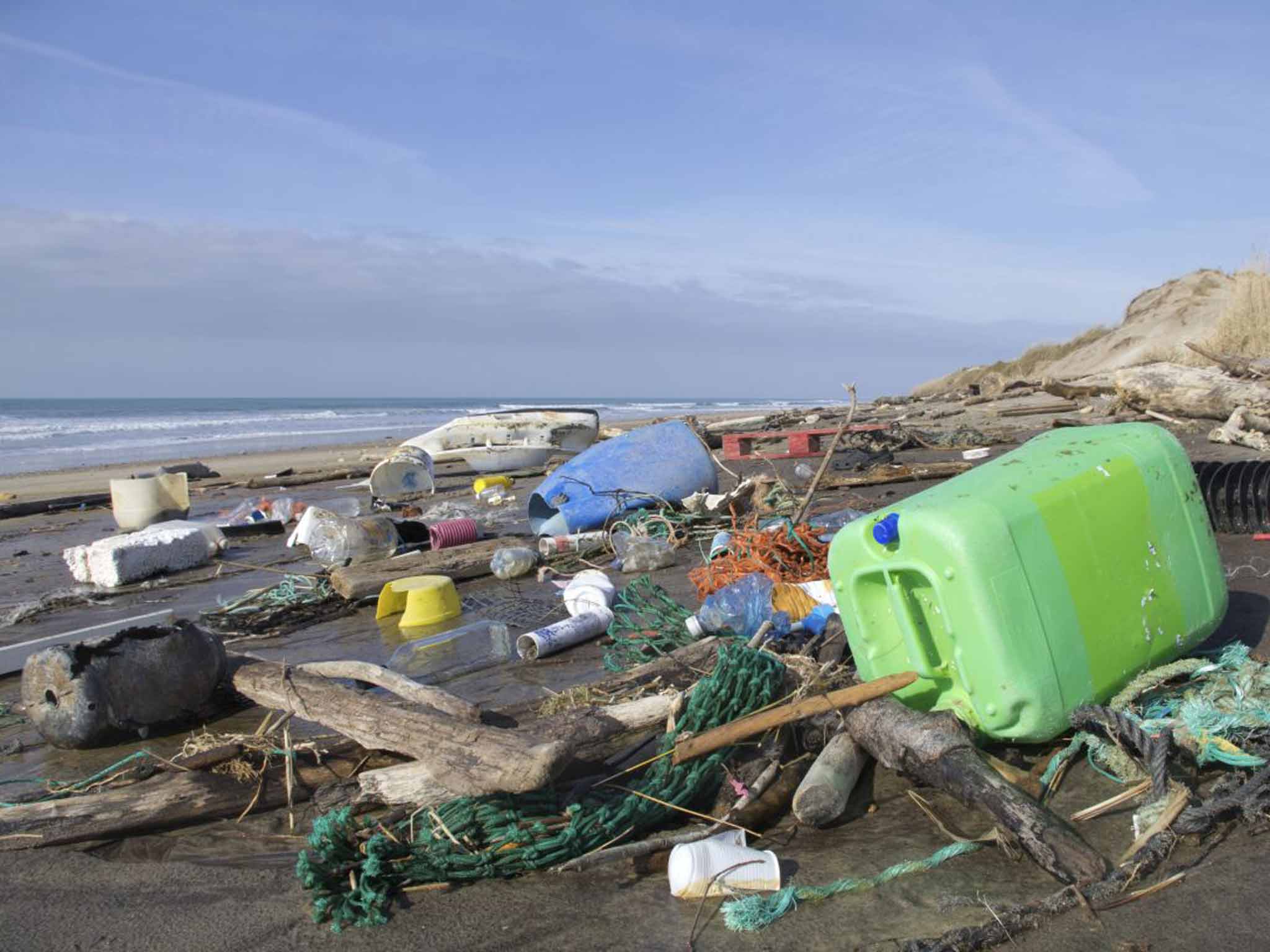Plastic-degrading fungus found in Pakistan rubbish dump
Polyurethane is used to manufacture a huge variety of everyday objects that end up as plastic waste

Scientists believe they may have discovered one solution to the planet’s growing level of plastic waste in the form of a plastic-eating fungus.
Researchers who set out to find a naturally occurring means of degrading waste plastic safely, extracted samples from a rubbish dump outside Islamabad in Pakistan and found a soil fungus that was feeding on plastic.
The study’s lead author, Dr Sehroon Khan of the World Agroforestry Centre and Kunming Institute of Biology said: “We decided to take samples from a rubbish dump in Islamabad, Pakistan, to see if anything was feeding on the plastic in the same way that other organisms feed on dead plant or animal matter”.

The subsequent study, published in science journal Environmental Pollution, isolated the fungus, identified as Aspergillus tubingensis found in the dump to assess its ability to degrade polyester polyurethane.
Polyurethane is used to manufacture a huge variety of everyday objects and components, including tyres, condoms, hoses, supermarket trolleys, car suspension bushings, and some glues.
The research team tested the fungus’s ability to degrade polyurethane in three different ways – on an agar plate, in liquid, and after burial in soil.
The results showed the level of degradation of the plastic in the agar medium was the highest.
The study abstract said: “Notably, after two months in liquid medium, the PU film was totally degraded into smaller pieces.”
Dr Khan said: “Our team’s next goal is to determine the ideal conditions for fungal growth and plastic degradation, looking at factors such as pH levels, temperature and culture mediums.”
“This could pave the way for using the fungus in waste treatment plants, or even in soils which are already contaminated by plastic waste.”
Last year a study published in the journal Science by researchers from Kyoto Institute of Technology and Keio University, revealed a new species of bacteria that appeared to break down polyethylene terephthalate (PET) which is widely used in the manufacture of plastic drinks bottles.
Join our commenting forum
Join thought-provoking conversations, follow other Independent readers and see their replies
Comments
Bookmark popover
Removed from bookmarks